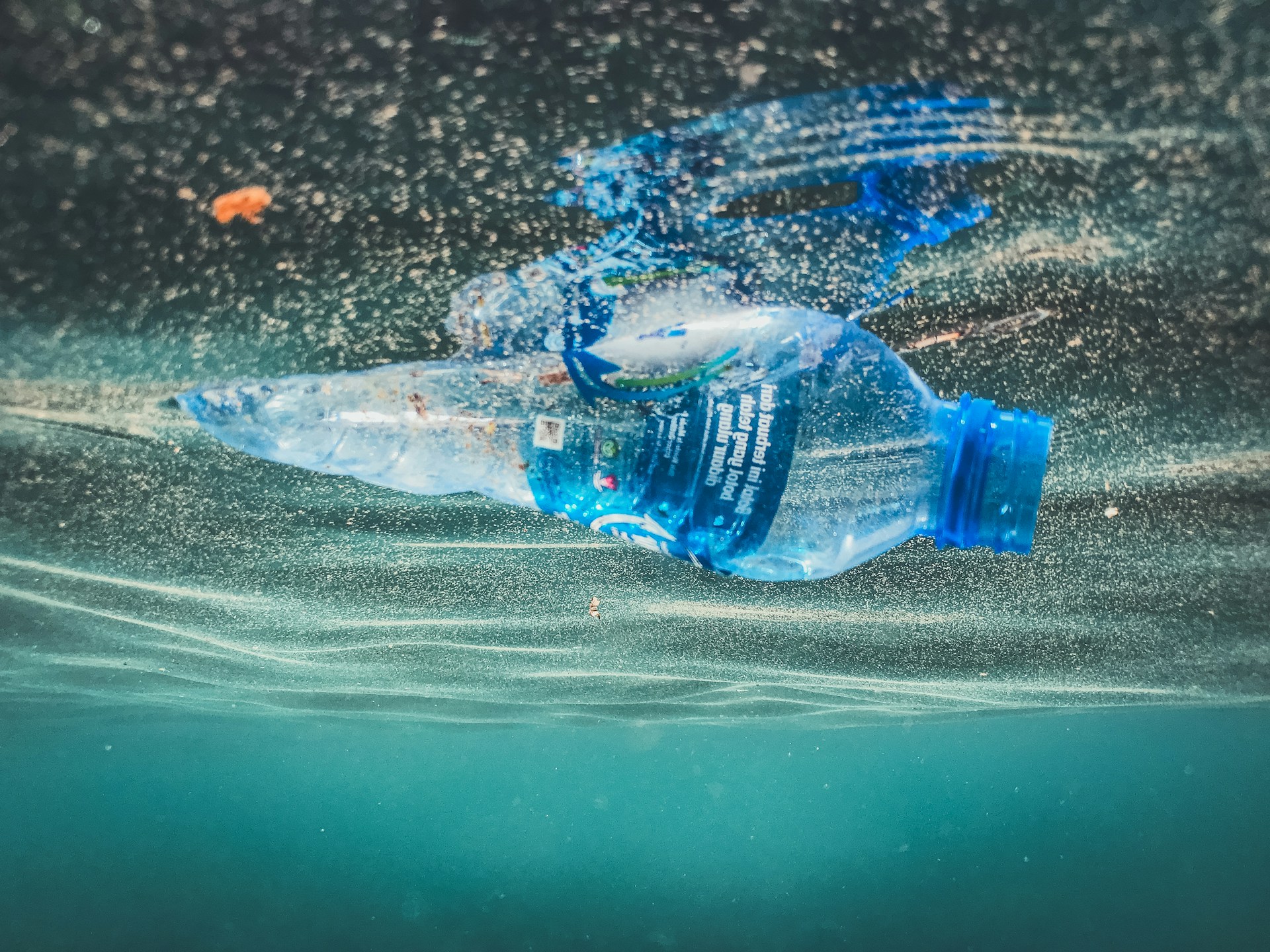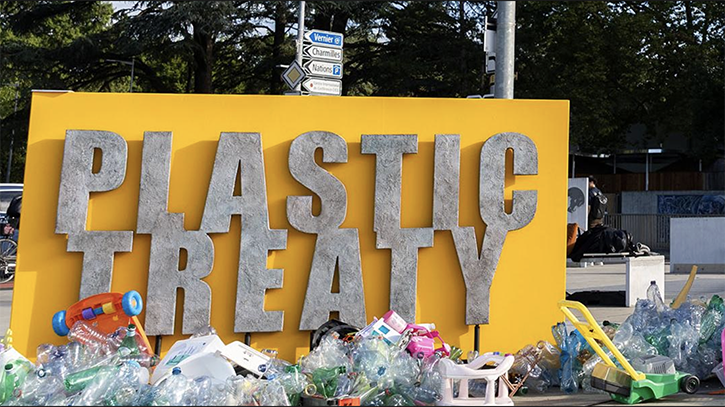News and Stories
Latest news from Plastic Collective, where we talk about Plastic Recycling, Ocean Waste Plastic & tackling the current climate crisis. Also view events and get answers to common questions for those interested in becoming plastic neutral.

Categories
The Global Plastics Treaty is delayed. Plastic isn’t.
Photo by Naja Bertolt Jensen on Unsplash The Global Plastics Treaty was expected to establish a shared global framework for
Global Plastics Treaty 2026: How it will affect packaging compliance and materials
Photo credit: IISD The Global Plastics Treaty is poised to become the most consequential global policy framework shaping packaging compliance
California SB54 EPR Fees Explained: How Material Choices Affect Producer Costs in 2026–2027
California Senate Bill 54 (SB54), the state’s Extended Producer Responsibility (EPR), law is one of the largest and most complex



